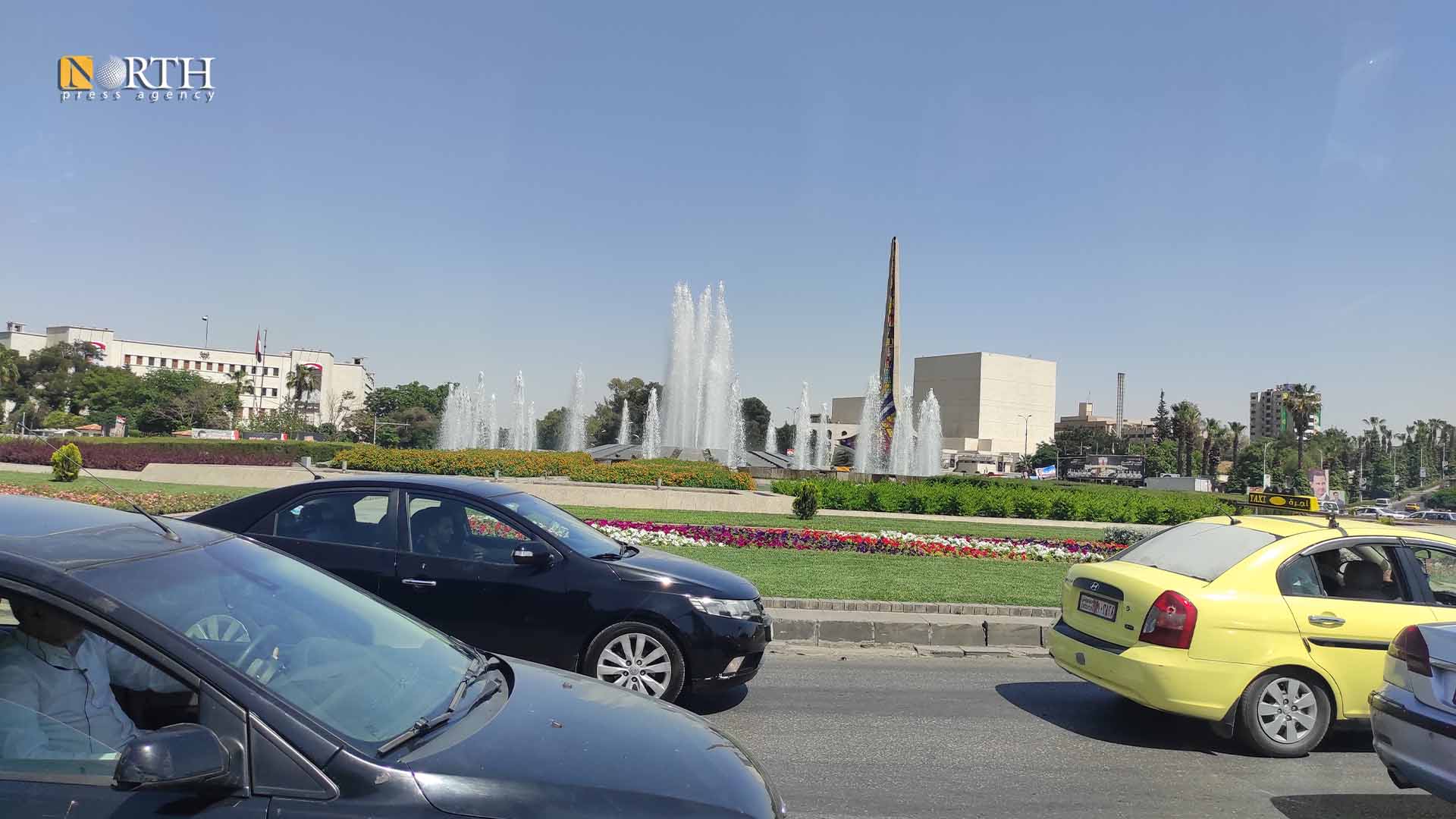Syrian government pursues unplanned economic policies: Economist
DAMASCUS, Syria (North Press) – The Syrian government is implementing unplanned economic policies, which are described as worse than the prescriptions of the International Monetary Fund that al-Otri government intended to implement, said an economic expert on Tuesday.
On condition of anonymity, he told North Press that raising subsidies with no alternatives to it, with the exception of raising salaries, will drive many Syrian families to greater poverty and need.
On July 10, the Syrian government raised the prices of diesel and bread, after raising the price of gasoline (octane 95), on July 8, to become 3,000 for the fourth time since the beginning of 2021.
The government claims that subsidizing the holders of the smart cards costs a lot of money that causes a deficit in the budget which made the government to reduce the value of subsidies and increase prices, “as the only solution it has resorted to for years.”
Subsidy is an old policy followed in Syria by the government to support the prices of some commodities by selling them at a lower price than the market price.
“Maintaining the subsidy policy as it is today aims to protect the monopolists of basic materials, as fuel is monopolized by one person, and so is the case with tobacco and sugar,” the expert added.
Subsidizing the commodity, not the consumer, opens the door to “waste, corruption and embezzlement without the ability to control it,” he stressed.
Thus, the expert suggests converting the subsidy from commodity subsidies to cash subsidies that are given to the beneficiaries directly, which prevents monopoly and favoritism, especially since the Syrian government has complete data on the population through the smart card.
The support block in the 2021 budget, according to the economist, amounts to 3,500 billion Syrian pounds out of 8,000 billion.
“By raising the price of bread from 100 to 200 SYP, the government saves about 180 billion SYP annually, as it produces five million sacks of bread every day, according to official statements,” he told North Press.
The government saves about 227 billion SYP by raising the price of diesel, according to official statements which say that 5 million liters is spent every day as local consumption.
Thus, the government will have saved about 460 billion SYP of the value of the subsidy in 2021, according to the economist.
In 2011, the government’s social support (bread, electricity, diesel, gas, education, health, etc.), was about 740 dollars as indirect support for each individual annually, and then it decreased to about 120 dollars in 2017. Now, it is much less, according to Fares al-Shihabi, head of the Aleppo Chamber of Commerce.
On his Facebook account, al-Shihabi asked about the solution to enhance the purchasing power, combat poverty and absorb high prices.
He said: “Logically, we need more dollars, and this comes either by bringing them from abroad through (investments and tourists) or by stimulating agricultural and industrial production and exporting abroad, or both.”
He added that the obstacles and restrictions are increasing rather than easing in the absence of actual offers and incentives to attract and operate funds.
The economist expects that the Syrian government is gradually moving towards completely lifting subsidies as a result of the current financial deficit, leaving the population to bear the burden of rising prices and the deterioration of the purchasing value of the Syrian pound.

